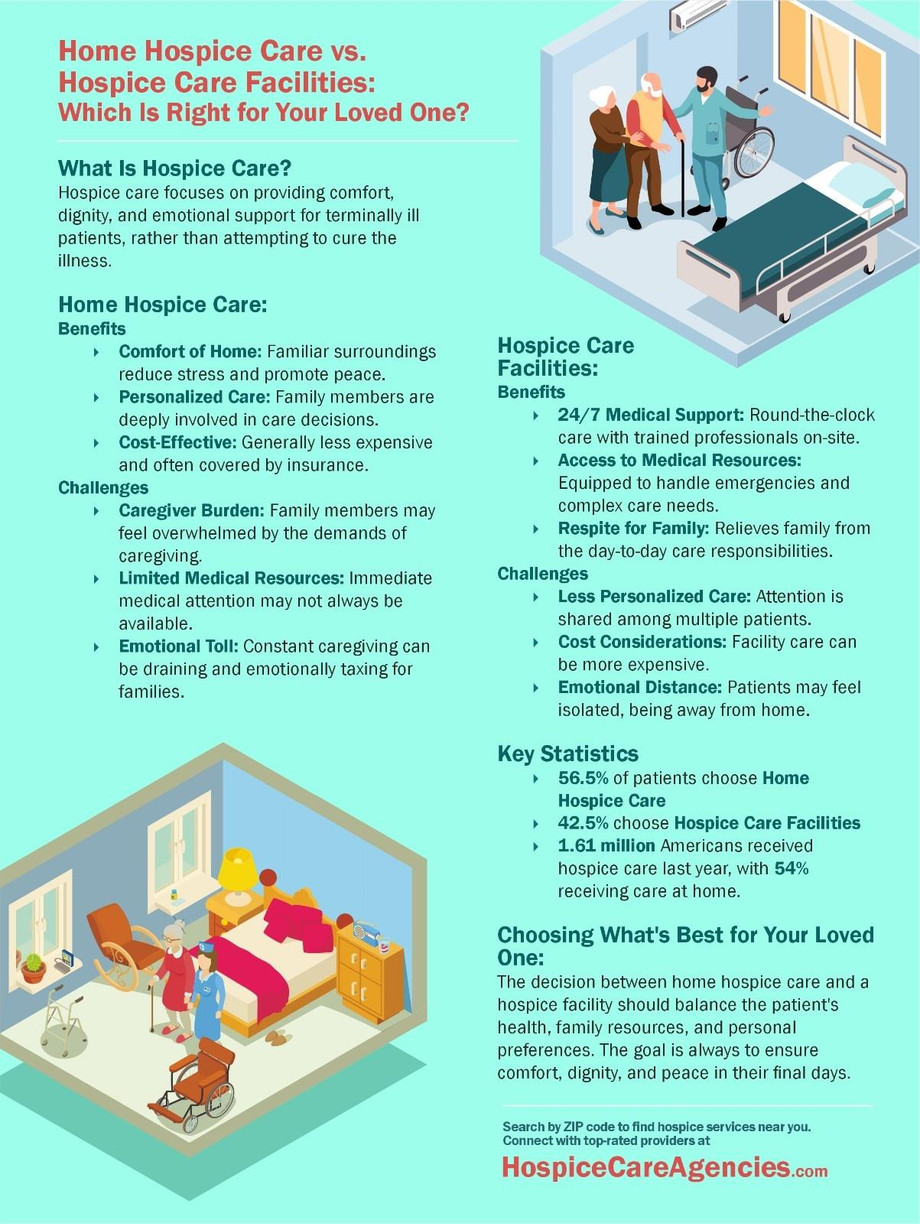Hospice care is broad, multidisciplinary medical care tailored specifically to the needs of people suffering with terminal illnesses: that is, an emphasis on comfort, quality of life, and symptom relief rather than cure. Several examples of types of medical care include:
Pain Management: Medications, therapies, and techniques to help dissolve pain and keep the patient as comfortable as possible.
Symptom Control: This entails the relief or control of symptoms caused by the terminal illness or associated comorbid conditions such as nausea, shortness of breathing, fatigue, and anxiety.
Medication Management: It implies management of medication that reduces side effects and helps further in controlling drug interference. Focuses on relief and comfort related to symptoms.
Nutritional Support: This implies guidance on nutrition and hydration that is appropriate to the needs and preferences of the patient. Feeding support, if required.
Coordination of Care: Coordination with the patient's current care givers toward a collaborative care plan that respects the patient's wishes and preferences.
24/7 On-call Support: Hospice patients are entitled to access their care team at any time of day, including in emergency situations or when a new symptom begins to arise, so that they may direct and care for them appropriately.
Equipment and Supplies: Availability of necessary medical equipment (such as a hospital bed and wheelchair) and supplies (like bandages and catheters) that support the care of the patient in the home.
Family Support and Education: Educate families about the care of their patient, provide respite care, and offer support during bereavement after the death of the patient.
Hospice care takes place wherever the patient considers home. It can be a private residence, nursing home, assisted living facility, or hospice center where the end-of-life experience can be made as meaningful and comfortable as possible.


